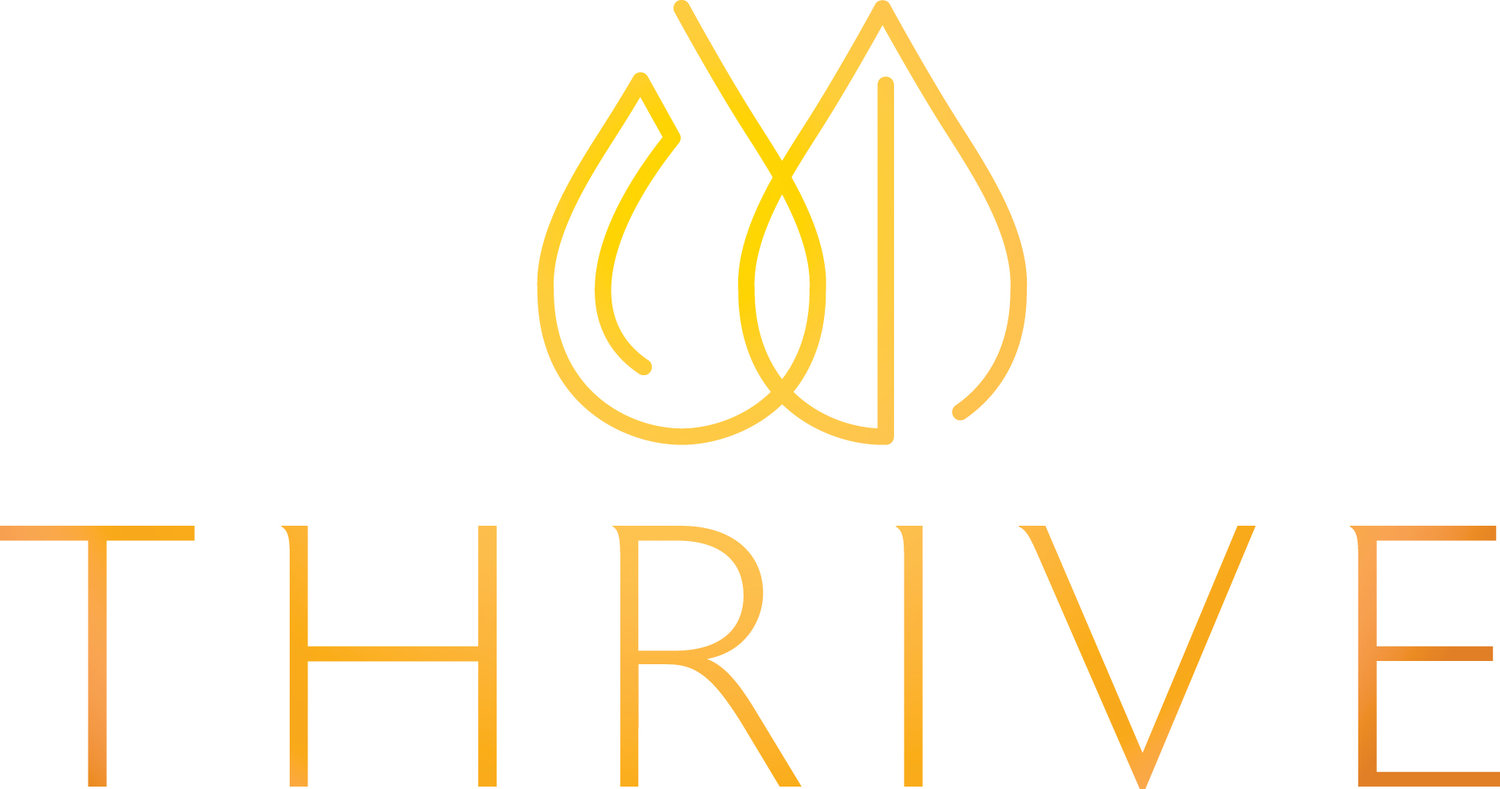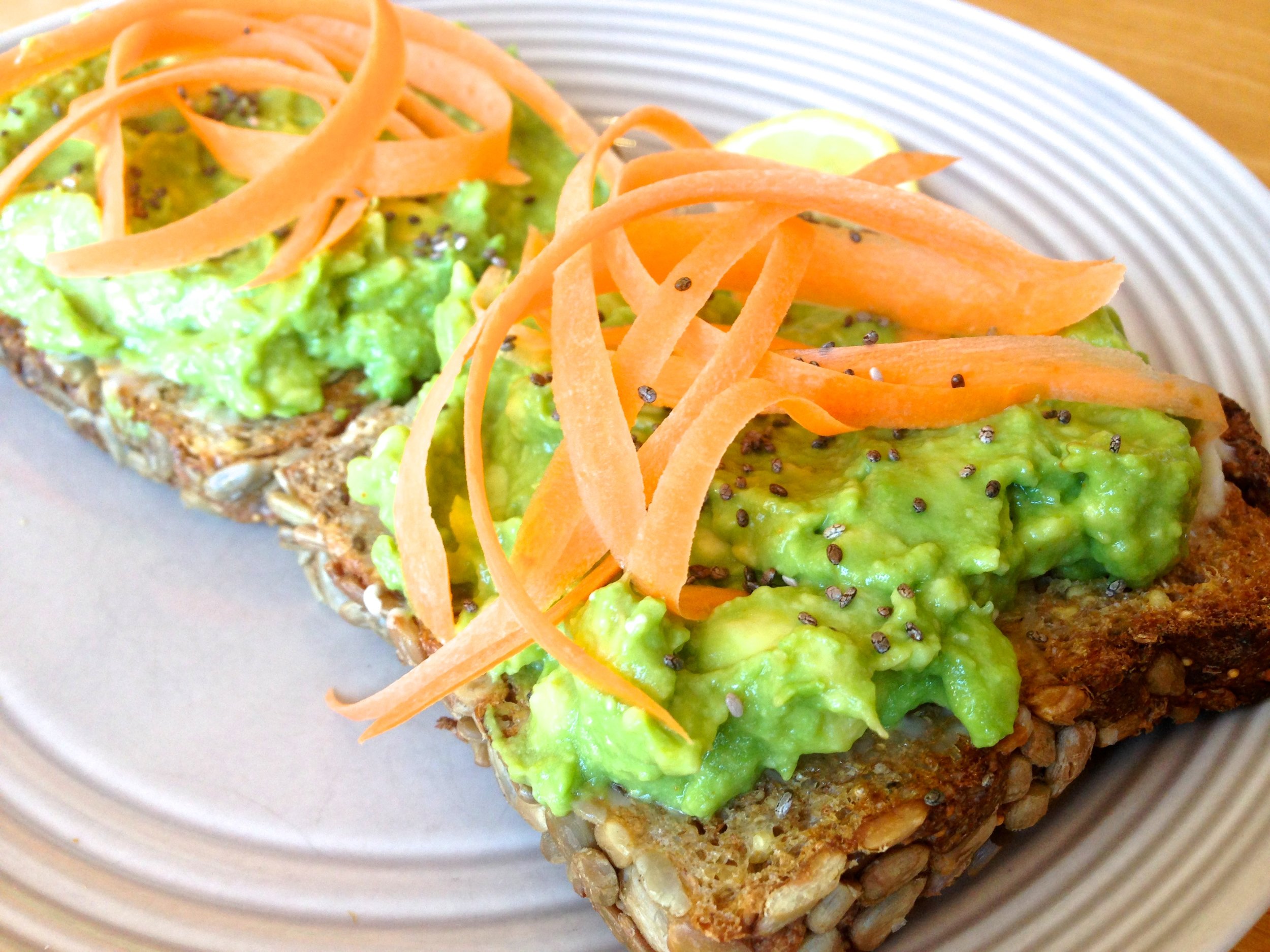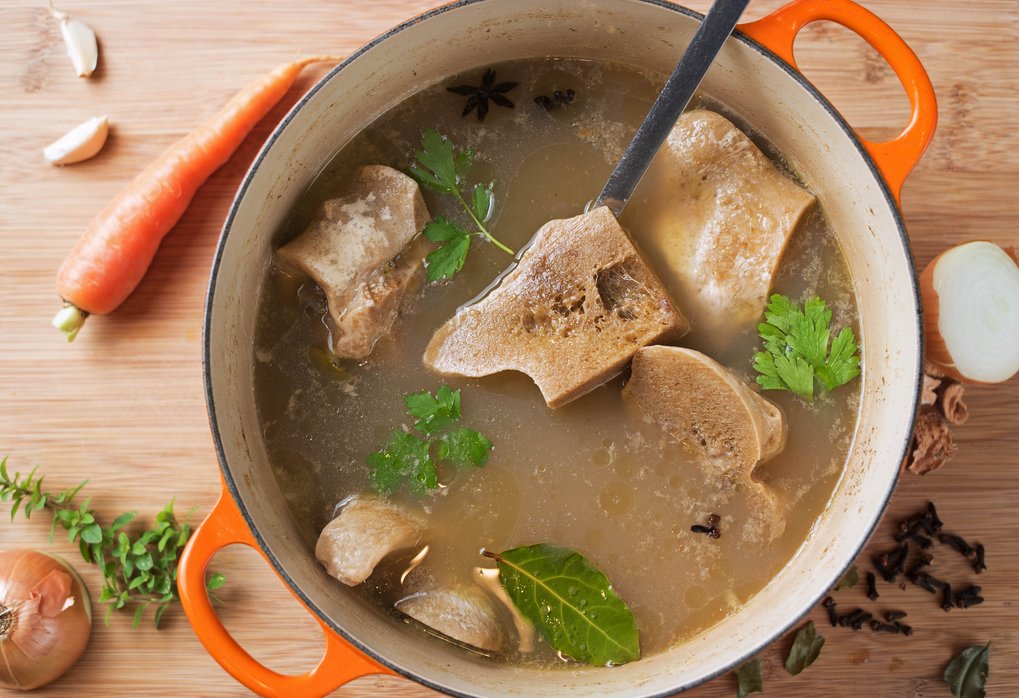For all the expecting mothers out there who weren’t able to come to AD MediLink‘s Hong Kong Maternity Conference last week, I thought I’d summarise what I said in this post.
Below are the questions I was asked by the panel moderator and my answers. And to be honest, these answers are more comprehensive as I’m not under the gun to keep to a limited time frame.
I would like to thank Amelie & her team at AD MediLink for the invitation to speak on the panel. And all the inspiring people I met that day building a safe & nurturing community for mothers & families in Hong Kong.
Hope this helps!
Cristina xx
***********************************************************************
HOW CAN NUTRITION HELP WOMEN THROUGHOUT MATERNITY?
I believe the food we eat has a profound therapeutic effect on our body, as well as our physical & mental strength. Prior to pregnancy, the food we eat can help boost our fertility and digestive health so that we are in a better position physically to ensure & sustain a viable, healthy pregnancy. During pregnancy, optimal nutrition can help us ward off nausea, heartburn & deficiencies which can make sleeping and elimination (or pooping) difficult. And after pregnancy, nutrition becomes crucial to ensuring adequate milk supply, lowering inflammation in the post-partum body, mitigating our risk for post-natal depression and recovering our strength within the very tight 3-month maternity leave many women are given here in HK.
WHAT ARE THE FOOD & BEVERAGES YOU RECOMMEND BEFORE CONCEPTION?
Folate-rich foods are at the top of the list because of the role it plays in preventing birth defects, like spina bifida. Foods rich in folate include dark, leafy greens and in Hong Kong we are blessed with a vast & delicious array of these vegetables, like spinach, arugula, mustard greens, kale, pak choi and bok choi. Lentils, chickpeas, beans and avocados are also rich vegetarian sources of folate.
And new scientific research shows that it’s incredibly important to source folate from natural sources and to change from taking folic acid supplementation to taking methylfolate. This is because if the mother cannot covert folic acid into its active form – then DNA synthesis and repair is compromised in the baby. Taking methyfolate ensures that the mother has enough active folate to mitigate this risk.
Foods rich in magnesium are crucial for helping to prevent morning sickness. Food like beans, pumpkin seeds, green leafy vegetables & whole grains like brown rice. Magnesium deficiency is one of the key reasons for nausea. This has to do with the role magnesium plays in helping our body combat stress and regulate our blood sugar levels. Magnesium balances cortisol levels by cleaning the excess from our blood. BUT – Pregnancy hormones inhibit our ability to absorb magnesium! Magnesium is important as well because it helps with muscle relaxation and to prevent leg cramps, constipation and eye twitching.
Foods rich in B vitamins to ensure proper sleep, energy creation and stress management. Eggs, chicken, turkey, sweet potatoes, mussels, quinoa. B6 and B12 aid in the absorption of magnesium, so that’s a major synergistic benefit.
WHAT ARE THE FOOD & BEVERAGES YOU RECOMMEND DURING PREGNANCY?
Same as above.
To that I would add foods rich in healthy fats especially Omega-3 fatty acids to reduce inflammation in the body and help the baby make brain tissue & nerves. Foods like salmon, sardines & herring. It’s usually necessary to supplement with a high quality fish oil during pregnancy because of the increased requirements for this nutrient. The levels of omega 3 fats at birth have been shown to predict intellectual development later on in life.
Foods rich in calcium like yoghurt, tofu, kefir & sardines. The baby growing inside will take calcium for your bones and teeth for its own needs; and babies require calcium to grow a healthy heart, nerves, and muscles as well as to develop a normal heart rhythm and blood-clotting abilities.
Fibre, in the form of vegetables, fruit and also chia seeds, flaxmeal and even psyllium hulls – prevent constipation and haemorrhoids, which are so common during pregnancy. Pooping every day is important to reduce the build up of toxins in the body that are then re-absorbed and re-circulated in the system.
Iron rich foods to prevent anaemia and sustain energy levels. Red meat, chicken, pork, lentils & dark green leafy vegetables. During pregnancy, the volume of blood in a woman’s body increases by a whopping 50 percent in order to help support the uterus. Accordingly, the amount of blood pumped by the heart increases as well.
IF A PREGNANT LADY IS SUFFERING FROM NAUSEA, HEARTBURN OR A STRONG AVERSION TO CERTAIN FOODS, WHAT CAN SHE DO?
Cravings are many times rooted in nutritional deficiencies. And aversions are generally accompanied by nausea and heartburn.
For Nausea: eating foods rich in magnesium and protein should help nausea. So, perhaps keeping some pumpkin seeds or almonds in your bag will help. Or snacking on a protein & fibre-rich snack, like hummus with veggies.
Ginger is also used for nausea and I believe it works because it helps to increase your digestive fire, which is often dampened by stress. As a result, if your digestive fire is stronger, you are also more likely to digest your protein better and absorb the essential B vitamins you need, which in turn make magnesium more available to the body.
Heartburn plagues most moms-to-be at some point because relaxin, the hormone that relaxes muscles in pregnancy, also relaxes the stomach valve that keeps acid out of the esophagus. So basically, I find the best thing here is to do is:
- Eat small, easily digestible meals. Basically, don’t force your body to work extra hard to digest your meals. So substitute a meat and risotto dish for a steamed salmon and grilled veggies.
- Smoothies are also a great way to add nutrients to you diet in a very easily digestible form.
- And also, eat early in the evening to prevent heartburn attacks at nighttime.
HOW OFTEN SHOULD A PREGNANT WOMAN EAT?
Every woman is different. Certainly eating frequently helps some women mitigate nausea. On average I’d say that most women need to eat every 3 hours which frankly isn’t too far off from my own normal eating habits!
BLOOD SUGAR REGULATION IS KEY THOUGH. So apart from eating regularly, it is important to eat foods that won’t make your blood sugar rise and plummet like a roller coaster. Foods like white rice, white noodles, white pasta, cakes, biscuits – and all that comfort food we crave is unfortunately exactly what we shouldn’t eat. Trade up and eat whole grains and plenty of vegetables. It’s also important to have protein and healthy fats with your meals to help give your body a steady source of energy.
WHAT ARE THE FOOD & BEVERAGES YOU RECOMMEND AFTER CHILDBIRTH?
Bone Broth – crucial for mineral replenishment and collagen to help our skin’s elasticity and return everything to its place. This also helps a lot with milk supply.
Healthy fats that come from whole foods – such as coconut oil, salmon, avocados — to help with hormone regulation and reduction of inflammation in the body. Babies use up a lot of mothers omega3 reserves not just whilst in utero but also whilst breastfeeding. As a result, it’s quite common for mums to develop symptoms like allergies, eczema – which all have to do with omega3 deficiency.
Protein – be it plant or animal based to help with sleep and stress management. Protein sources like chicken and eggs are rich in tryptophan which helps the body create melatonin and serotonin. Melatonin is essential for sleep and serotonin is our feel good hormone. So having protein at every meal is important after giving birth.
Fibre – absolutely essential to keep regular and help immunity and serotonin production. 70% of immune cells are created in our gut and up to 90% of our serotonin is made in gut too. So having a healthy gut that detoxes regularly is extremely important to help keep new mothers happy and healthy.
Plenty of foods rich in Vitamin C to help support your adrenal glands, which are our master stress glands. So, plenty of raw fruits & vegetables because VitC is broken down by heat. Vitamin C is also essential for immunity, which is absolutely important because illness can decrease our milk supply and we can also pass on a cold or virus to our baby, which is so stressful.
WHY IS EATING RIGHT AFTER HAVING A BABY SO IMPORTANT?
After I had my first baby, I stopped taking all my pre-natal supplements and I was so shocked & enamoured with my baby that I stopped thinking about myself. I knew I had to eat right so that I could breastfeed. But I stopped prioritising myself and over time, I forgot how.
The result for me was that I was unable to cope with the lack of sleep and suffered from adrenal fatigue. I also suffered from anxiety, mild post-partum depression, a sudden onset of allergies to dust & dustmites, lowered immunity, low sex drive, a failed pregnancy and an inability to shift the baby weight.
I am not unique in this post-natal story. Optimal post-natal nutrition is important to:
- mitigate the risk of post-natal depression. There is a lot of research tying nutritional deficiencies particularly in B-vitamins and essential fatty acids to post-natal depression;
- reduce the risk of gallstone attacks. Pregnancy has the potential to put some women at higher risk for gallstone attacks because our pregnant body uses a shed load of cholesterol to make the hormones we need to sustain pregnancy. As a result, sometimes, mothers don’t have enough cholesterol to make bile acids, which is so essential to break down fats & cholesterol. Without sufficient bile acid, gallstones can form.
- create energy. We become so sleep-deprived after babies arrive and this state of deprivation can last for years, so we need to harness the power of whole food.
- build immunity;
- manage stress & increase productivity;
- prepare and replenish the body for the next pregnancy;
- recover physical & mental strength.
Maternity leave is 3 months in Hong Kong and that’s not a lot of time to recover and go back to work feeling like you can “lean in”. Plus, most – if not all – of Hong Kong employers do not recognise the inconvenient truth that having a child changes a mother and a father’s priorities for ever.
So, sleep-deprived and depleted mothers (and sleep-deprived fathers) are expected to go back to work and perform as they did without much empathy or support. Employee medical benefits don’t cover preventative care. As a result, women cannot afford to prioritise the testing, treatments and care they require to ensure they are strong enough to cope with the new realities and pressures they face.
Nutrition is the cheapest, most reliable & sustainable way to ensure that women have the nutrients their body and mind need to cope with the gargantuan task of caring for a child, a marriage, a career and a life — all at the same time.
For all these reasons, prioritising post-natal nutrition is absolutely essential.
Cristina Tahoces is a holistic nutritionist and owner of Thrive Nutrition Practice. Please join her Facebook group “Thrive Nutrition Practice” for daily articles, recipes, promotions on professional grade supplements and upcoming workshops.
Copyright © 2016 THRIVE NUTRITION PRACTICE LTD.








